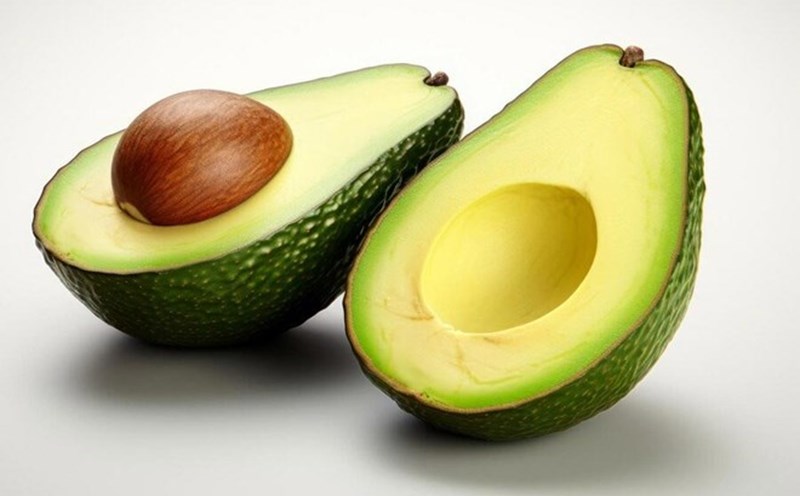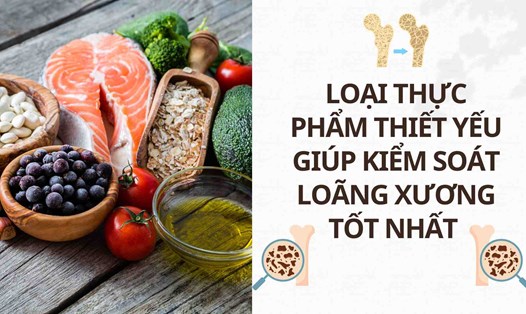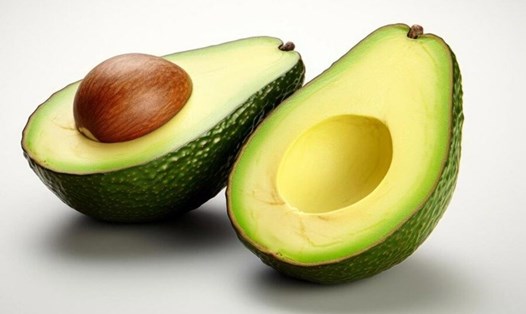Green leafy vegetables (spinach, kale)
Green leafy vegetables are rich in antioxidants such as lutein and zeaxanthin, which help protect cells from harmful free radicals from air pollution. According to studies, these substances have the ability to reduce inflammation and protect the lungs from the effects of fine dust (PM2.5).
Vitamin C and E found in green vegetables also boost immunity, helping the body fight pollutants.
Sugar beet
Beets contain betaine, a compound that helps reduce inflammation and aids the liver in detoxification.
According to research from the American Lung Association, adding beets to your diet can increase blood purification, improve respiratory function, and reduce the risk of lung damage from air pollution.
Berries (blueberries, strawberries, raspberries)
Berries are high in anthocyanins, a powerful antioxidant that can protect cell membranes from free radical damage.
A report from the National Institute of Environmental Health Sciences found that berries can reduce the risk of inflammation and improve respiratory function, especially in polluted environments.
Omega-3 rich seeds (chia seeds, flax seeds, walnuts)
Omega-3s in nuts help reduce inflammation and protect cell membranes from damage caused by pollution.
According to the British Medical Journal (BMJ), omega-3 helps improve lung function and reduce symptoms of respiratory inflammation caused by exposure to polluted air.
These nuts also provide fiber and minerals that help support the body's detoxification process.
Turmeric
Turmeric is a spice that contains curcumin, a compound known for its anti-inflammatory and antioxidant properties.
According to a study published on Frontiers In Pharmacology, Curcumin has the ability to protect the lungs from infection and reduce the risk of cell lesions due to inhalation of toxic gases such as NO₂ and SO₂.











